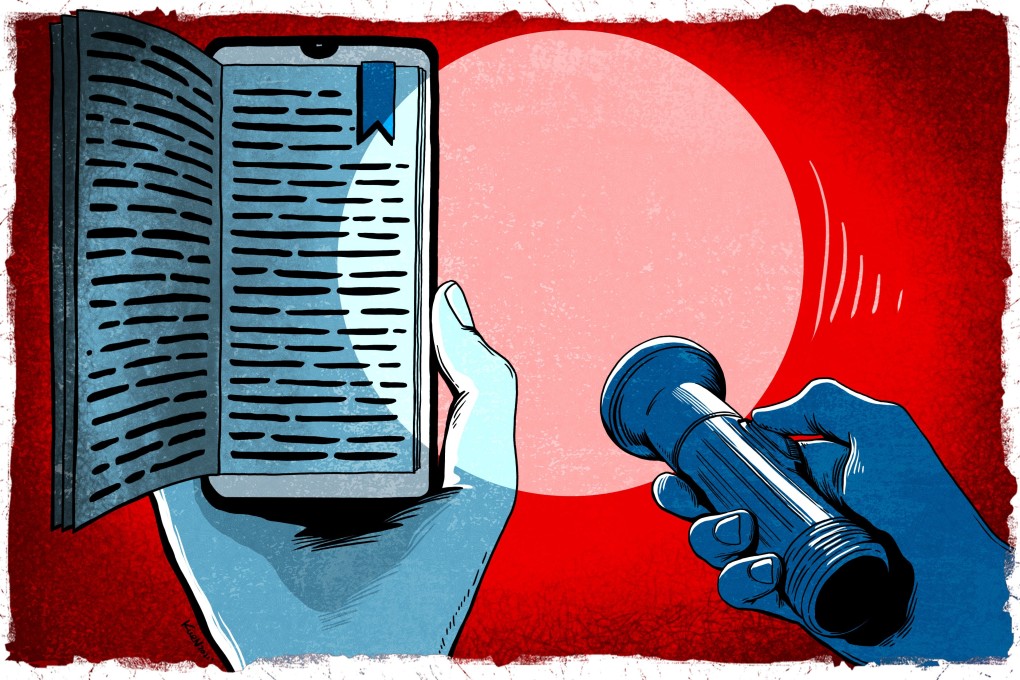Dominance of Tencent’s China Literature in online publishing opens antitrust questions amid China’s Big Tech crackdown
- China Literature’s dominance of the booming web novel industry has become more conspicuous amid China’s antitrust crackdown and disputes with writers
- The Tencent-owned digital publisher has also been looking to control lucrative adaptations of its published works under its own film studio

In the final instalment of a four-part series on China’s antitrust crackdown on technology companies, Iris Deng and Tracy Qu look at online literature and its dominant company China Literature. The first instalment on streaming music is here, the second instalment on games is here, and the third instalment on ride-hailing is here.
Since Ji Xuexin started publishing historical fiction and fantasy stories online in 2017, she has grown her readership to the point of being able to write full-time. She credits her success to an early decision that would be unfathomable to many of her peers: shunning platforms from China Literature, the industry giant owned by Tencent Holdings with 229 million monthly active users.
“The competition on China Literature is too intense,” Ji said. “[Another platform] proved to be the right choice for me. My books quickly reached the recommendation page [and] I have three audiobooks in production.”
Adaptations and other licensing deals are where writers like Ji see the biggest returns on their investment of time and creativity. With a big enough audience, these adaptations can be very lucrative. If she had signed with China Literature, though, Ji would not only have had lower prospects of getting her work adapted, she would also have been precluded from making money off those works elsewhere.
Amid a widespread antitrust crackdown in China aimed at Big Tech companies, China Literature’s dominance of online literature, and its agreements with writers, has become more conspicuous.
